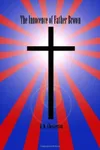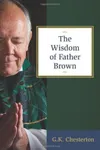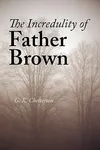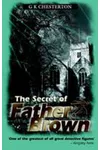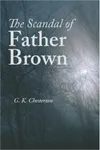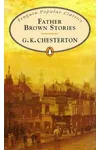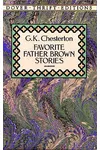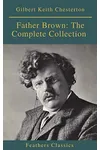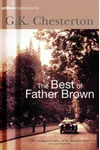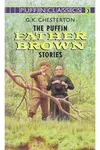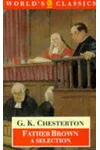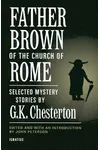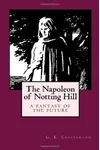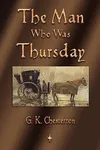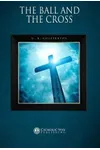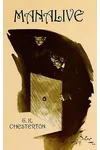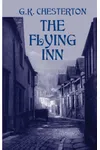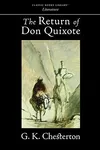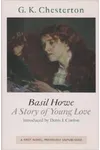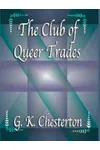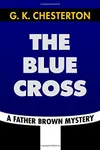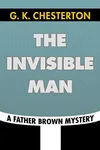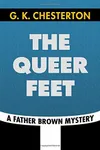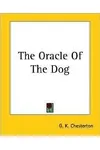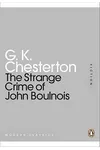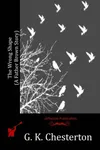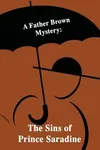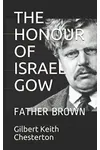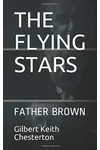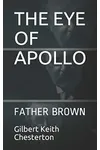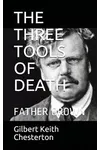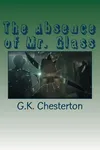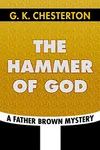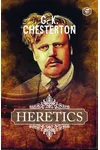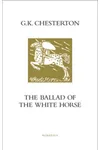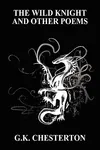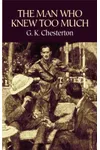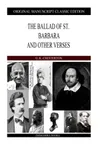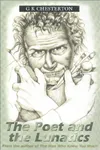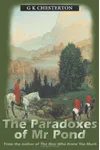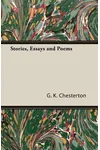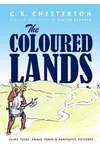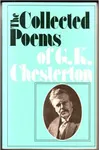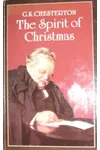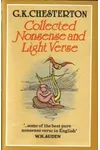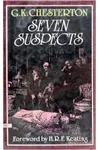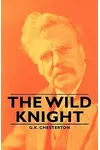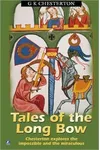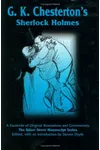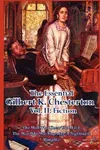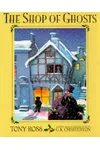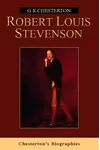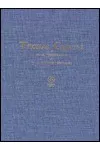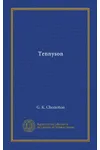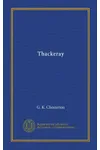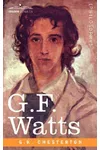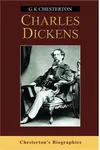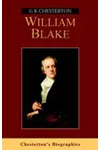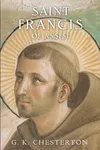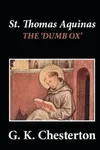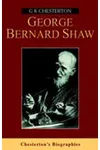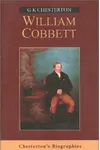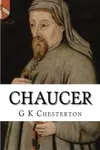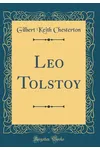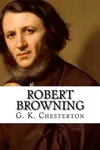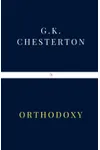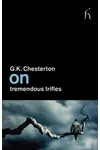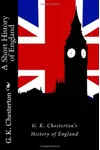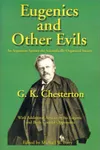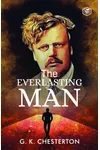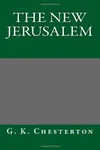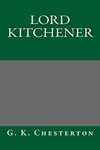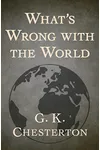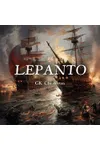Picture an English wordsmith whose wit could spark a revolution and whose stories still captivate hearts—meet G.K. Chesterton, the 'prince of paradox'! Known for his Father Brown mysteries and razor-sharp essays, Chesterton blended faith, reason, and humor in ways that left readers both chuckling and pondering. His journey from Anglican to Catholic shaped his unique lens on life, making him a literary giant whose words still resonate.
With a pen as mighty as his famously large frame, Chesterton tackled everything from detective tales to philosophical treatises, earning a spot in the pantheon of 20th-century thinkers. Ready to dive into the world of this jovial genius? Let’s explore the man behind the paradoxes!
The Making of G.K. Chesterton
Born on May 29, 1874, in London’s Kensington, Gilbert Keith Chesterton grew up in a middle-class family with a knack for creativity. Young Gilbert dabbled in art before his love for words took over, leading him to journalism and literary criticism by his early twenties. Influenced by his Anglican roots and debates with friends like George Bernard Shaw, Chesterton honed a style that was both playful and profound, setting the stage for a prolific career.
His early works, like The Napoleon of Notting Hill (1904), showcased his ability to weave fantasy with social commentary, while his conversion to Catholicism in 1922 deepened his philosophical output. This blend of imagination and conviction became his hallmark.
G.K. Chesterton’s Unforgettable Stories
Chesterton’s bibliography is a treasure trove of variety, spanning novels, essays, and short stories. His most famous creation, the Father Brown series, introduced a humble Catholic priest who solved crimes with intuition and moral insight. First appearing in The Innocence of Father Brown (1911), these tales combined cozy mysteries with deep reflections on human nature, making them timeless.
Other gems include The Man Who Was Thursday (1908), a surreal thriller about anarchists and divine order, and Orthodoxy (1908), a witty defense of Christian faith that’s as much a literary romp as a theological treatise. Chesterton’s style—packed with paradoxes, humor, and vivid imagery—turned complex ideas into accessible delights, earning him fans across generations.
His essays, published in outlets like The Illustrated London News, tackled everything from politics to fairy tales with a signature zest. Whether he was defending tradition or poking fun at modernity, Chesterton’s voice was always unmistakably his—bold, warm, and brimming with mischief.
Why G.K. Chesterton Matters
Chesterton’s impact stretches far beyond his books. His ability to marry faith and reason inspired thinkers like C.S. Lewis and J.R.R. Tolkien, while his detective stories laid groundwork for the genre’s golden age. His essays, still quoted today, challenge readers to see the world with fresh eyes, blending humor with timeless truths.
More than a writer, Chesterton was a cultural force, debating giants like H.G. Wells and influencing Christian apologetics. His legacy endures in readers who find joy in his paradoxes and courage in his convictions, proving that a good story can change hearts and minds.
About G.K. Chesterton
- Birth Date: May 29, 1874
- Key Works: Father Brown series, The Man Who Was Thursday, Orthodoxy
- Notable Trait: Master of paradoxes and witty aphorisms
- Legacy: Influenced Christian thought and detective fiction
Snag The Innocence of Father Brown and dive into Chesterton’s delightful blend of mystery and wisdom! His stories are a reminder that truth, like a good paradox, is always worth chasing.
